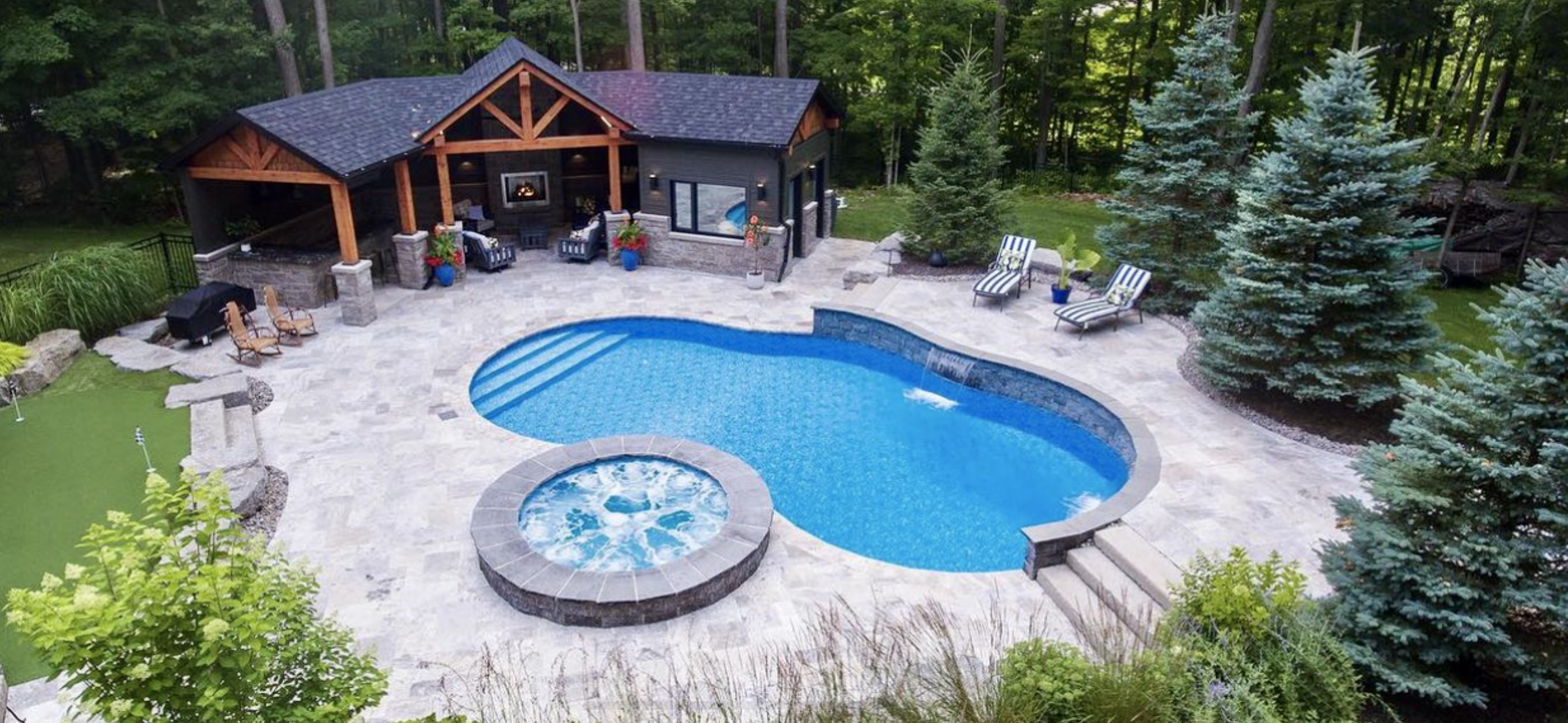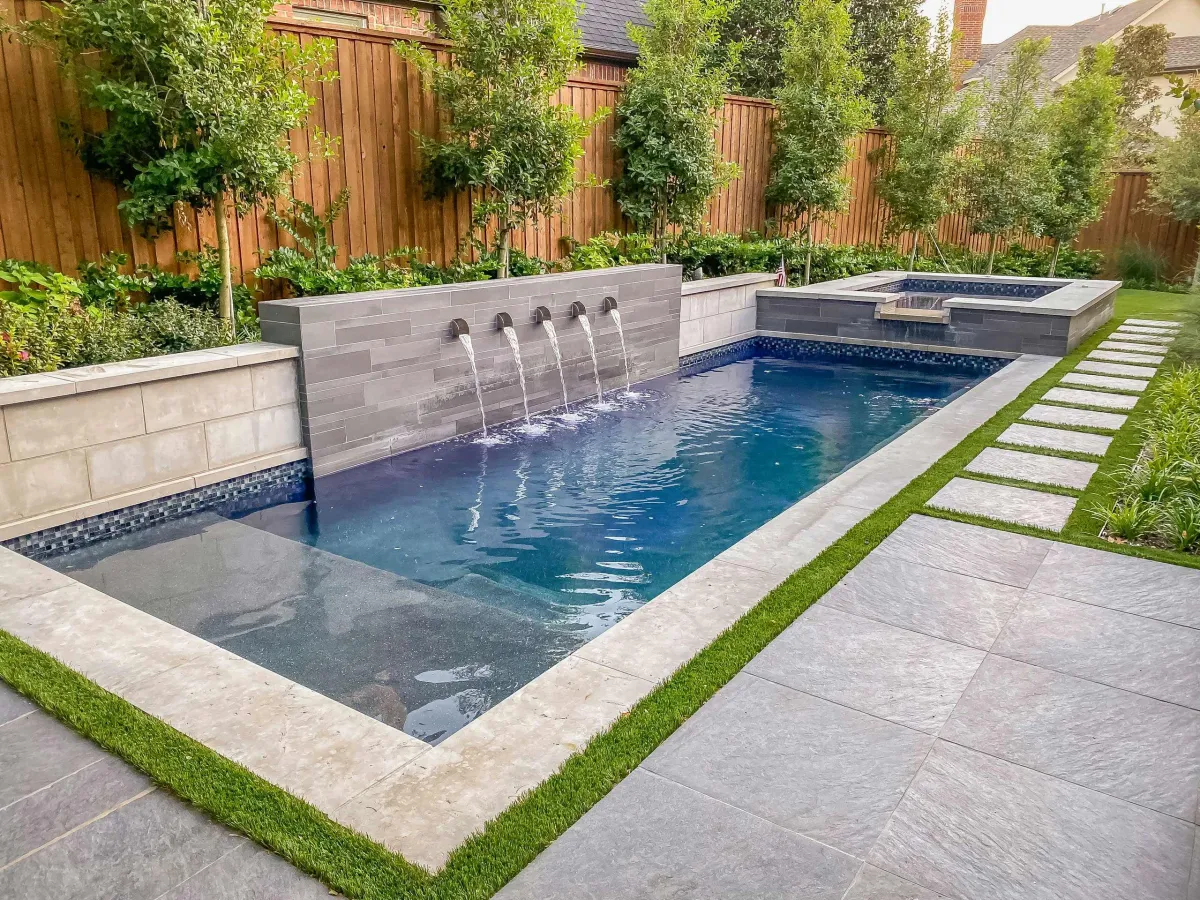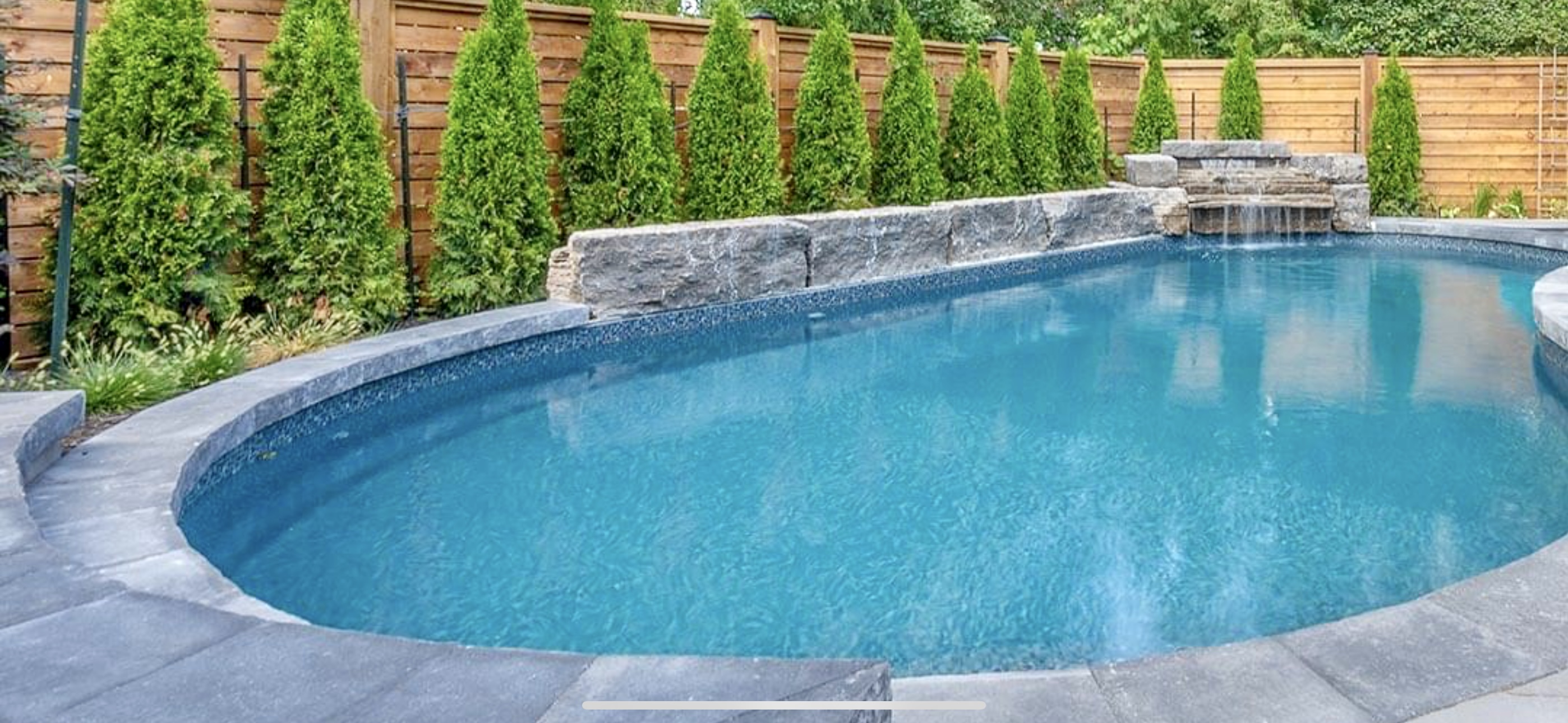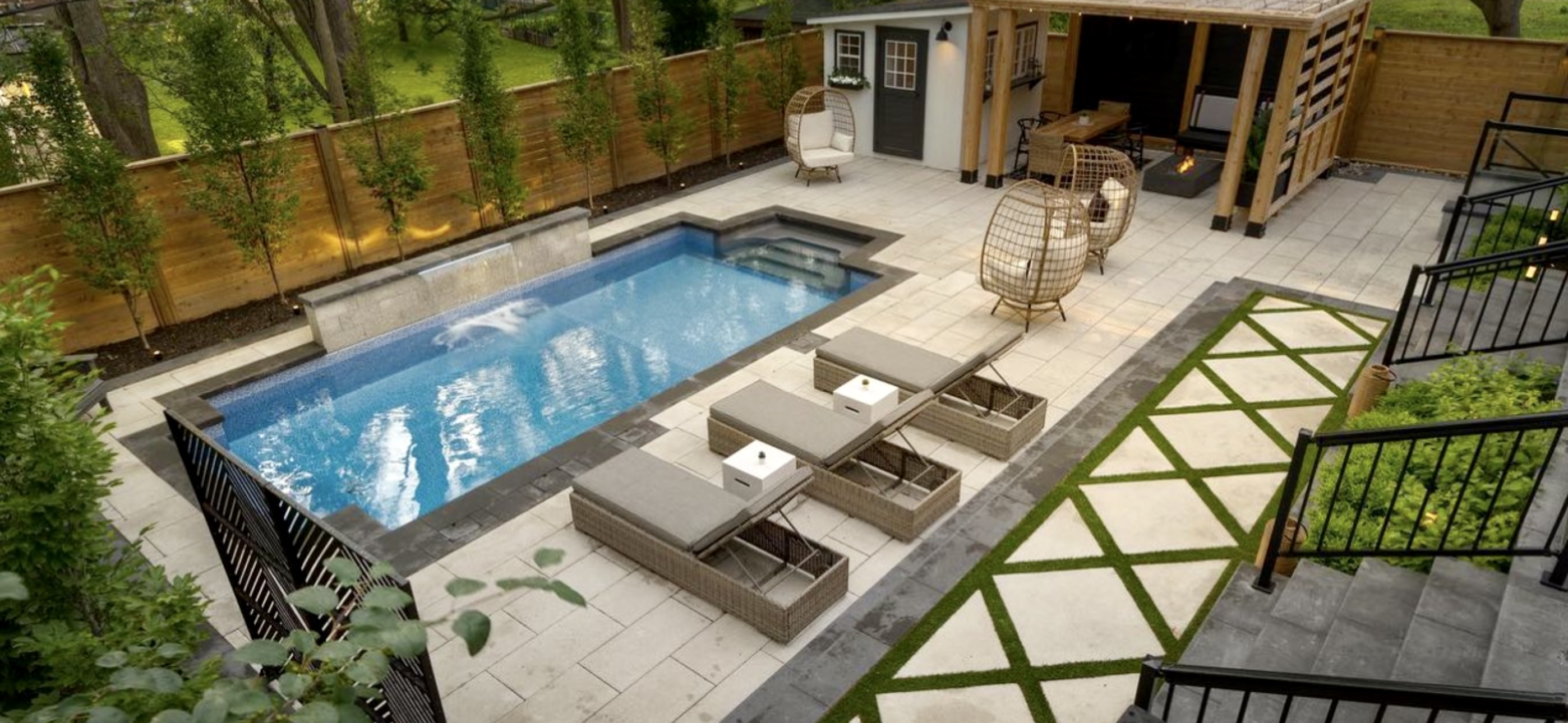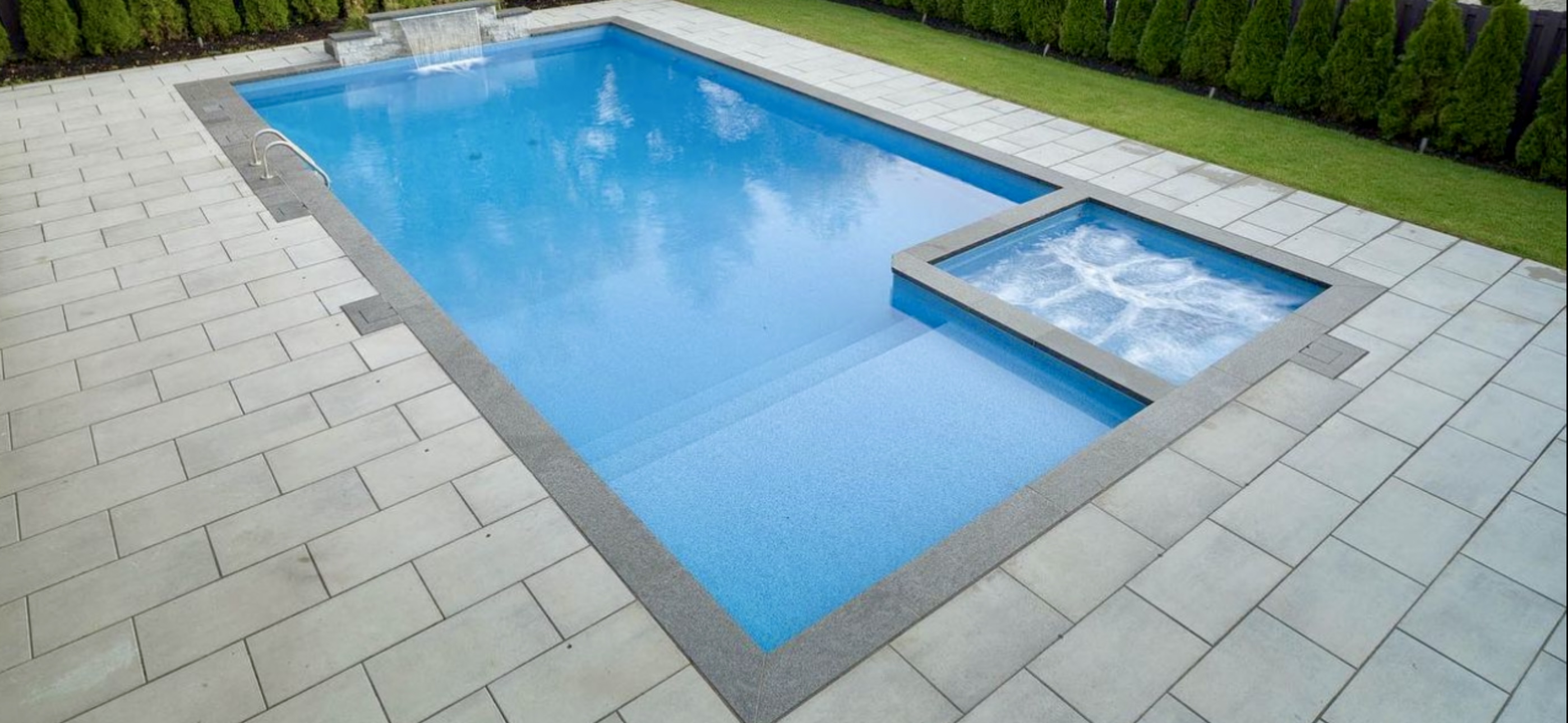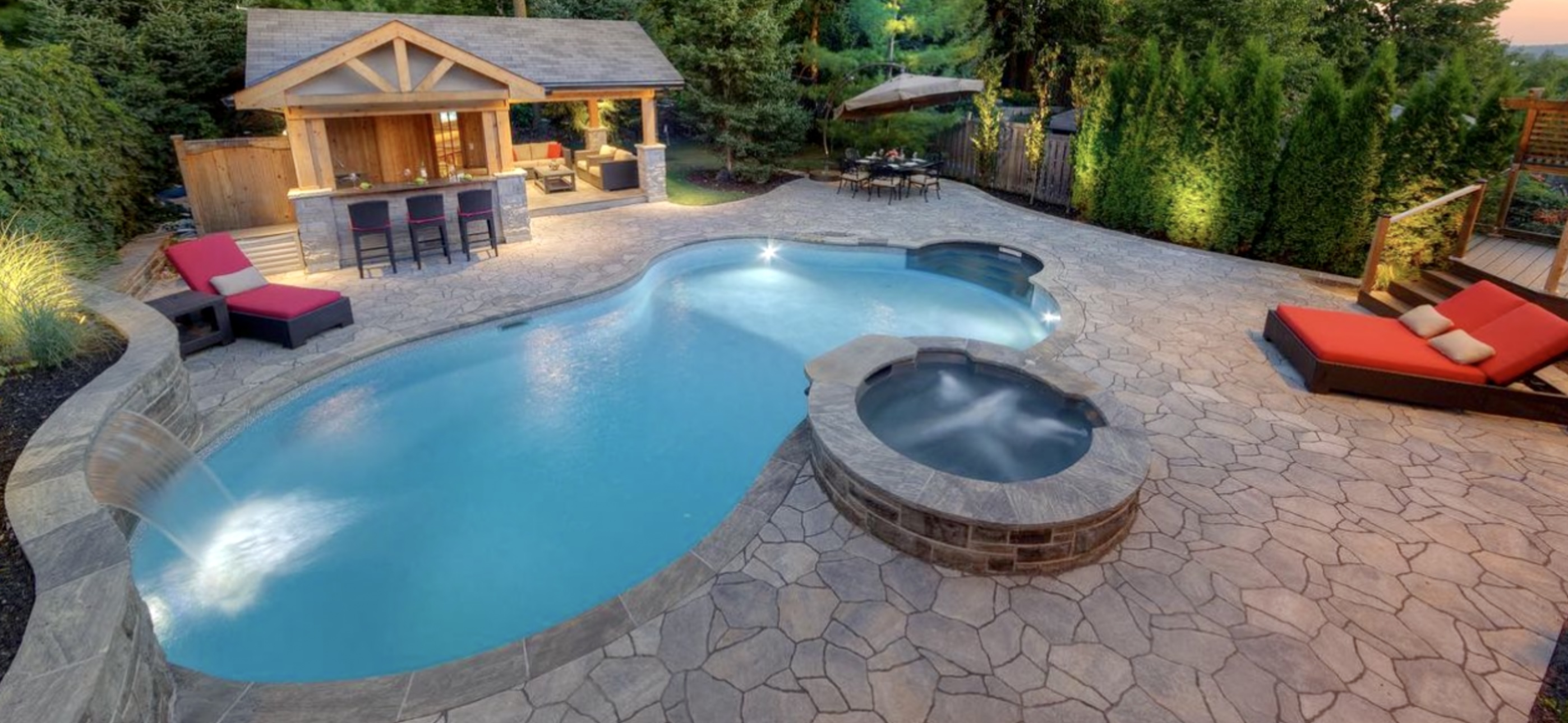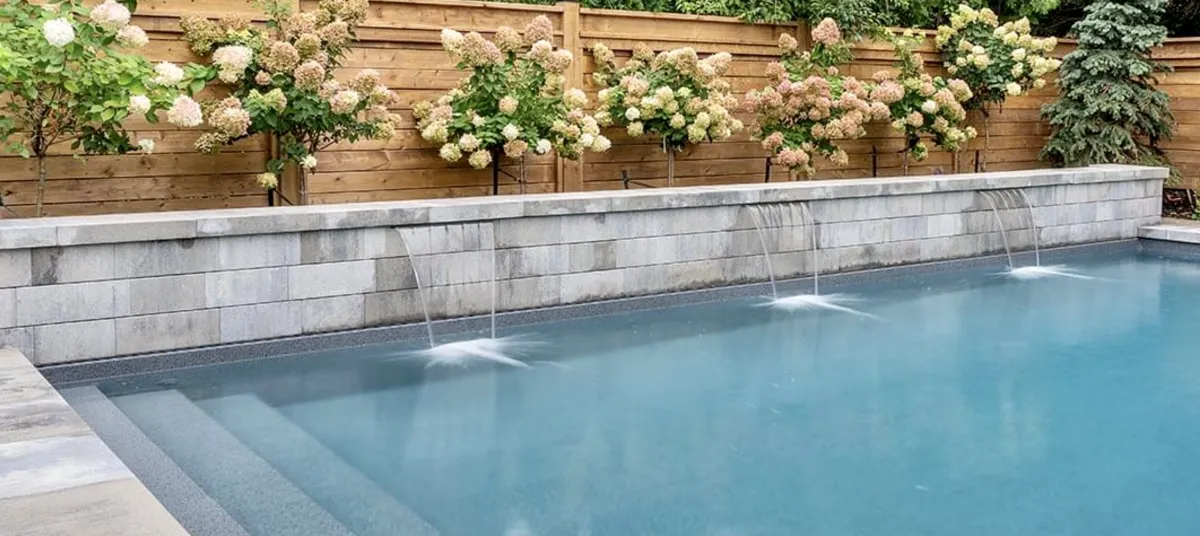Canada’s Gardenland
We're here to support you every step of the way, whether you need a landscape design, patio stone, or Pool installation. Right here in the GTA, Canada’s Gardenland is committed to transforming your landscape desires from dreams to reality.

Our Latest Projects
Pool Services
Other Services
vanishing edges, expanding underwater steps, baja steps for lounging, customzied chapes, naturalized surroundings, integrated waterfalls and waterspouts, integrated or freestanding spa pools
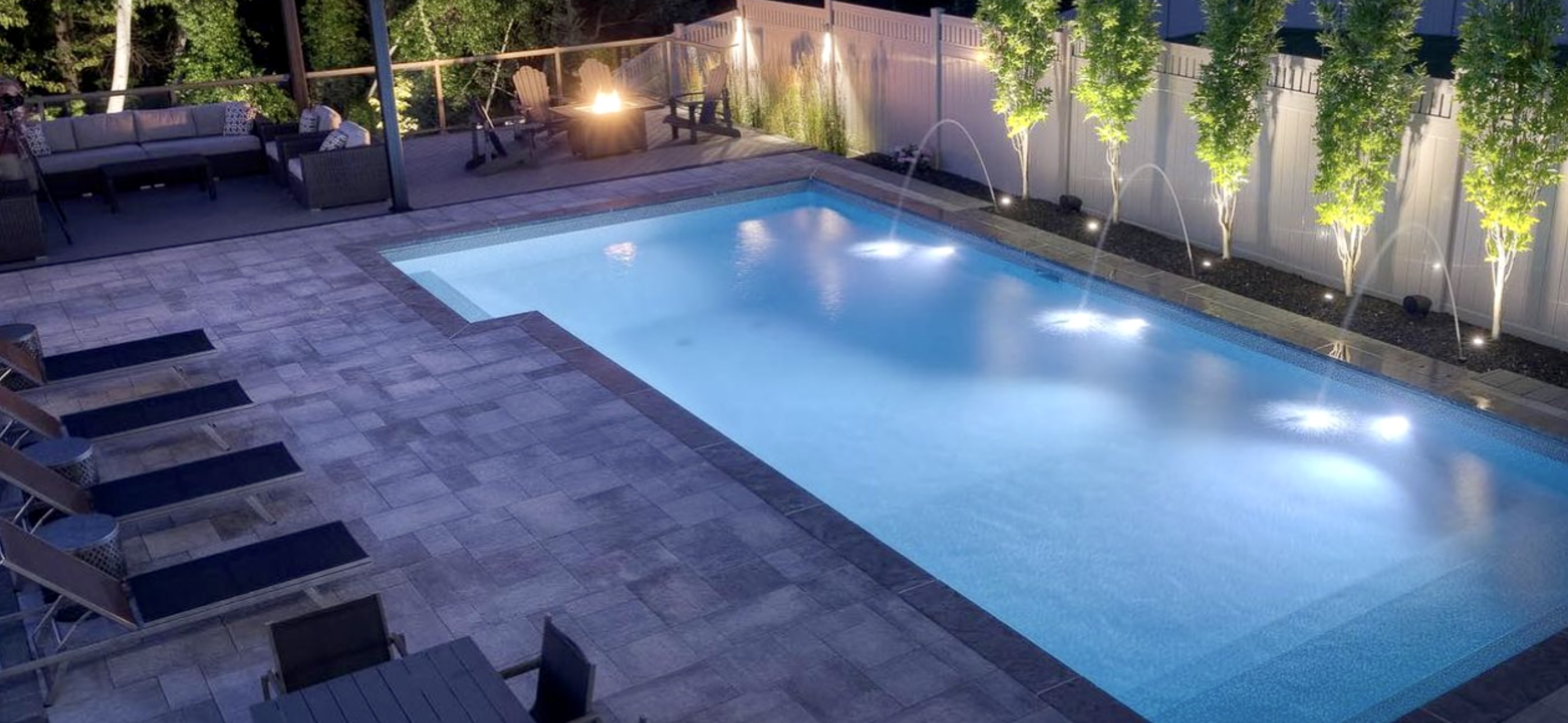
About Canada’s Gardenland
We specialize in helping clients increase the value and beauty of their properties by designing and building elegant living spaces. Our ultimate goal is to ensure that you are completely satisfied with the end result of your project.
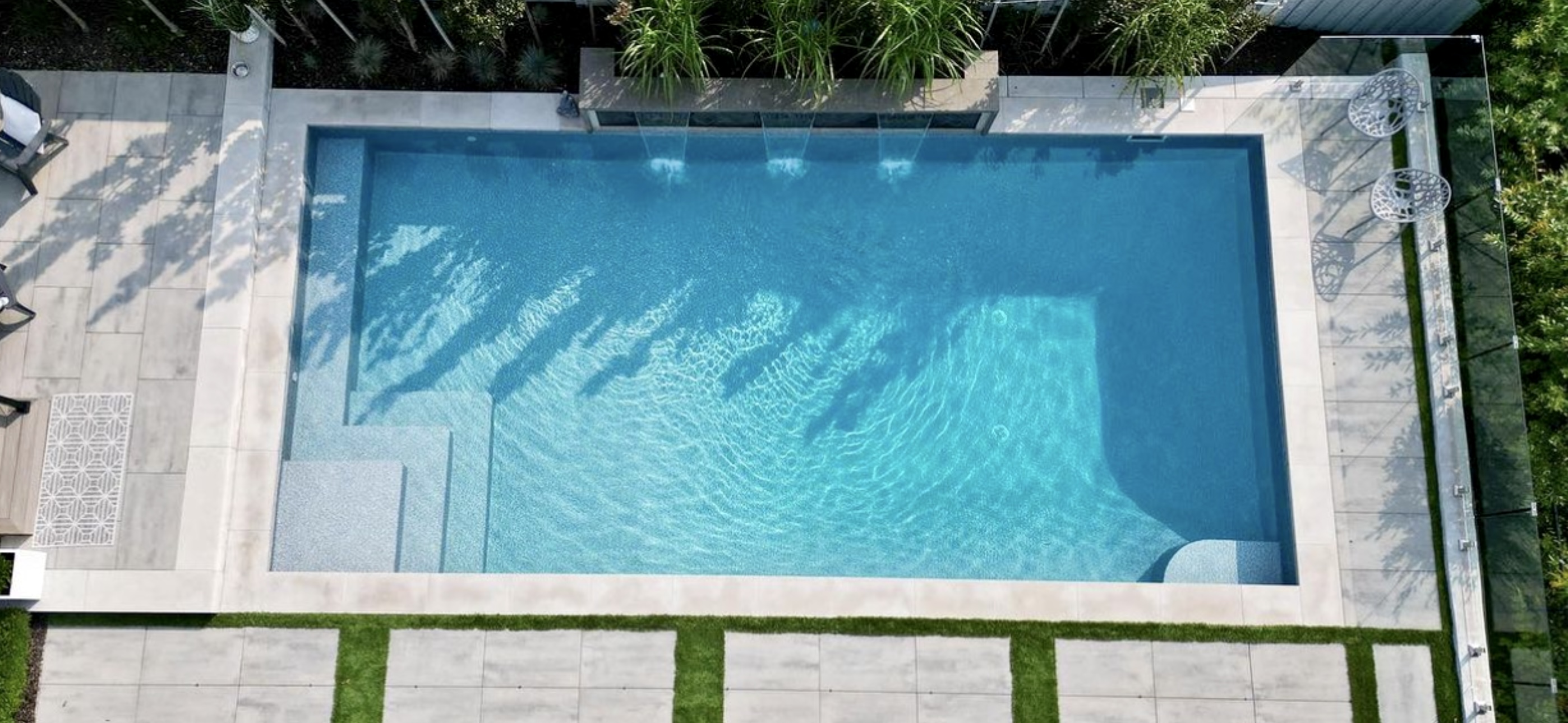
SINCE ’94
LICENSED & INSURED







20+ YEARS EXPERIENCE
With over 20 years of combined experience under our belts, we know just how to provide you with expert service.

UNPARALLELED QUALITY
Our skill in both the pools and landscaping industries allow us to provide the highest level of quality.

LICENSED & INSURED
Our crew is licensed and insured for our safety, your safety, and to ensure the project goes smoothly.

CONFIDENCE & RELIABILITY
We take our timeframes seriously and only use quality materials that we know are dependable.
Home
About us
Portfolio
Contact


